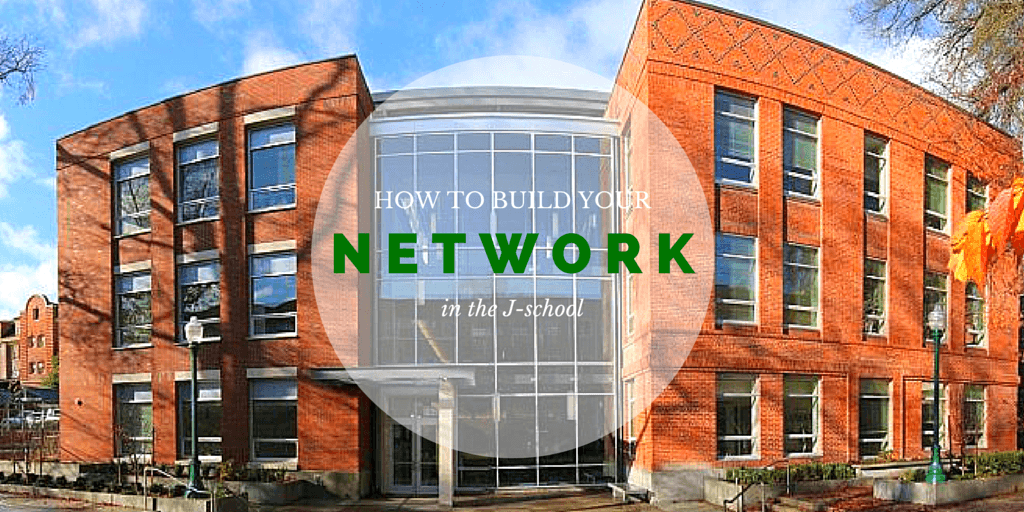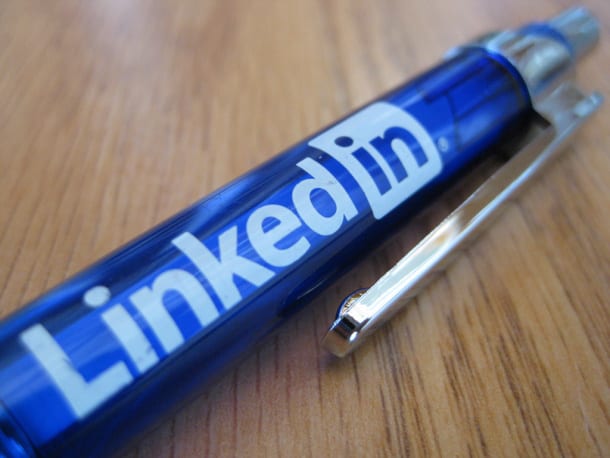It’s that time of year! We college seniors are scrambling to submit resumes, obsessing over networking with professionals, and praying we magically land the ultimate “big girl/boy” job that fits our career wish list. And pays $1,000 an hour…in our dreams.
Those of us with internship positions are obviously highlighting that experience on our resumes and counting on supervisors to act as references. But what if the perfect job opportunity is closer than we think? Wouldn’t it be nice to transition into being a paid professional without even having to leave Eugene? Read the 5 tips below on how to turn your internship into a real, paying job.
Interview your supervisor.
Your supervisor and you probably engage in light conversation during downtime on the job. But to be seriously considered as a potential new hire, dig deeper! Set aside one hour to have a conversation with your supervisor that will strengthen your professional relationship and prove you care about a career at this agency. You could ask:
- Who made an early impact on you as a professional? Why/how did they make such an impact?
- What are the most important decisions you have made in your career?
- When faced with two equally qualified candidates, how do you decide whom to hire?
Establish new connections.
Take it upon yourself to network with professionals at other agencies in the area. Paid staff at your internship site probably have these relationships already, which is exactly why you have to show them that you are also capable of establishing a presence in the local PR community. Call around, send e-mails, and set up informational interviews. This will give you a competitive edge against other potential new hires.
Take on a solo project.
Your supervisor needs to know exactly what her intern can accomplish as a member of the team. Start by considering your skill set: What do you bring to the agency that sets you apart from veteran employees? Next, sit down with your supervisor to discuss agency needs. Maybe the company’s presence on a new social media platform needs to be developed, a brochure needs to be designed, or a whole new event planned. Utilize your skills to meet the agency’s needs and…ta-da! You’ll stand out as an essential member of the team.
Immerse yourself in the agency culture.
Make friends with coworkers and take up activities that seem popular around the office. In conversation, bring up topics of interest to those around you. This agency needs to know that you can groove with the overall office vibe.
Just ask.
This might seem obvious, but just ask for a job! Let your supervisor know how interested in you are in starting your career with this agency. She will greatly appreciate your passion for the work this agency does. The worst-case scenario is that you are turned down, and then it’s back to the resume submissions and networking frenzy!
Have any other tips on turning an internship into a job? Share them below!
Anna Williams, external relations committee member, is a senior studying Family & Human Services. She’s obsessed with craft beer, avocados and everything about Seattle, and is pursuing a career in Food + Bev PR. Follow her on Twitter @annaleighwill.















